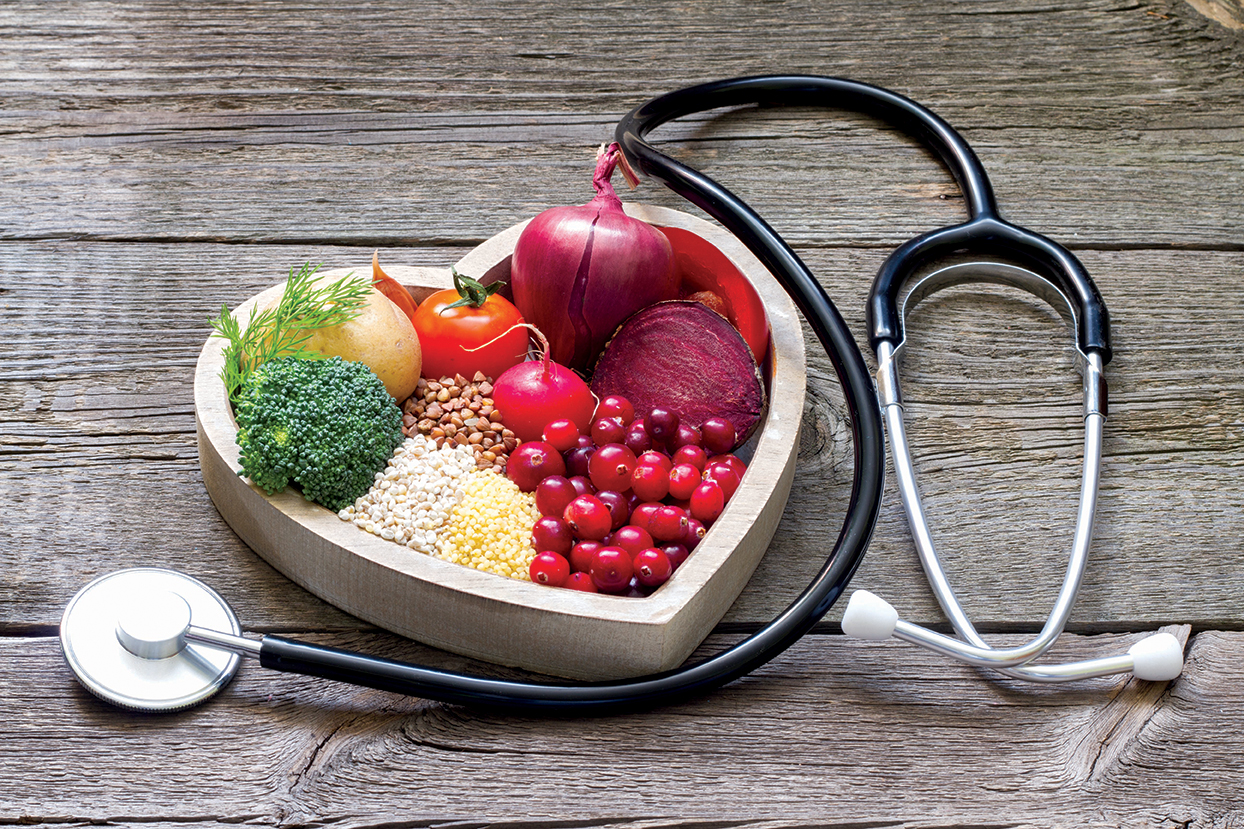While the rains may bring you respite from the scorching heat, it also brings with it a series of infections and the occasional flu. It is important to arm ourselves against these ailments to make the most of the lovely weather. Bindu Gopal Rao gets you an expert-backed guide.
With the heat finally relenting after an arduous summer, you may be heaving a sigh of relief quite predictably; but the new season brings with it new challenges, especially with food. Monsoons can be a nightmare when it comes to eating healthy and staying fit. So what do you eat and what do you not? Also, how do you ensure your children are eating right? If these questions are bothering you, fret not, experts tell you how you can stay cool and whet your appetite right this monsoon!
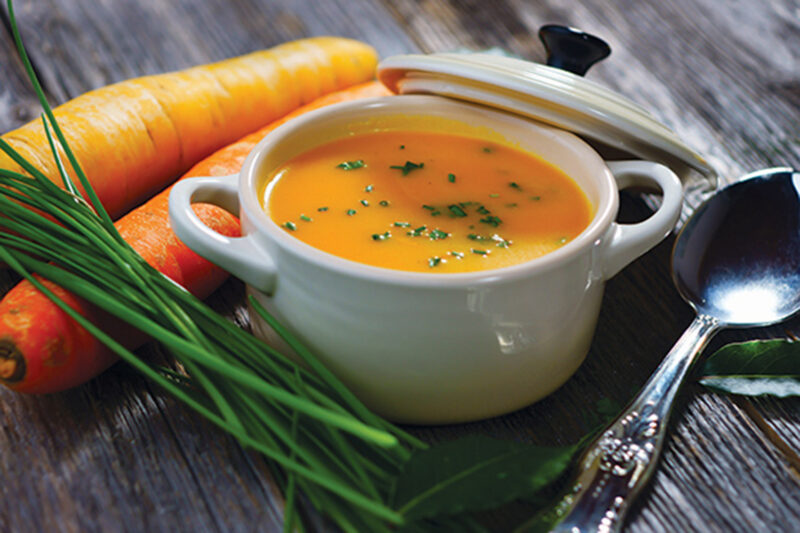
Liquid Call
The first and the foremost thing that must be taken care of in the monsoons is drinking water as it is the root cause of all diseases. “Drink only boiled or filtered water. One can opt for yoghurt instead of milk. Opt for homemade sprouts over the ones sold by vegetable vendors. Inculcate fresh seasonal fruits such as lychee, pomegranate, and banana over water-based fruits such as watermelon and musk melon which tend to attract bacteria. Try introducing methi or fenugreek seeds which improve the digestive system. Remembet, garlic will also help in building your immunity and the best option here would be a bowl of hot soup with a dash of garlic. The soup will not only help maintain the body temperature but will also help relax your body and the garlic will help build your immunity which will keep all kinds of diseases at bay,” says celebrity dietician and nutritionist Manisha Mehta.
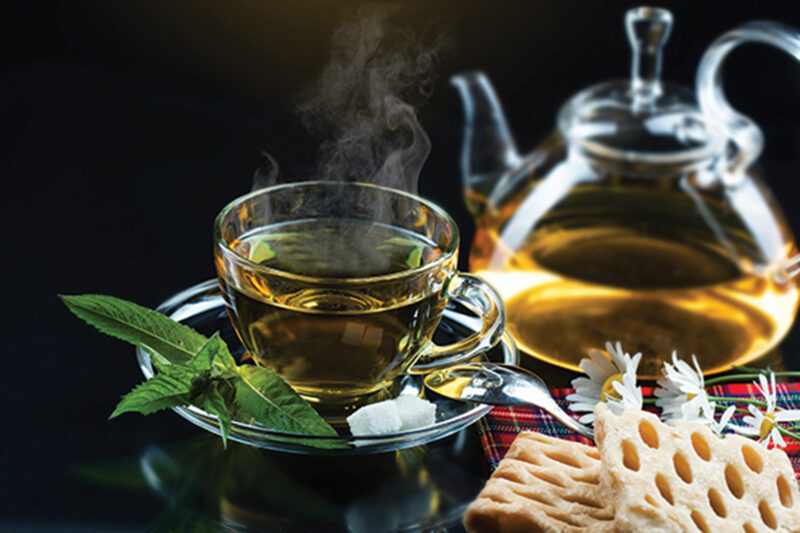
Temperature matters
Dr Anil Ballani, Consultant Physician, P.D. Hinduja Hospital & MRC avers, “During the monsoons, one must eat hot food. Healthy foods like hot soups, green tea, herbal tea, steamed vegetables help in keeping us warm and prevent us from getting a cold/cough/flu.” While rains bring in a welcome respite from the summer heat, our body is more susceptible to health issues in the rainy season, because monsoon reduces the immunity power of our body. “Our body constantly gets affected with allergies, infections, indigestion problems, so we must keep our body resistant against such diseases. The humidity in the atmosphere is usually high in this season; as a result the body’s digestive capability goes down. One must maintain a healthy diet to protect oneself from such infections and digestive complaints. It is important to have a perfectly healthy body and for that, one needs to keep a check on what to eat and what not to eat. Following are few basic guidelines recommended during monsoons to enhance the immunity level and decrease the digestion problems,” says Dr V. Mohan, Chairman, Dr Mohan’s Diabetes Specialties Centre.
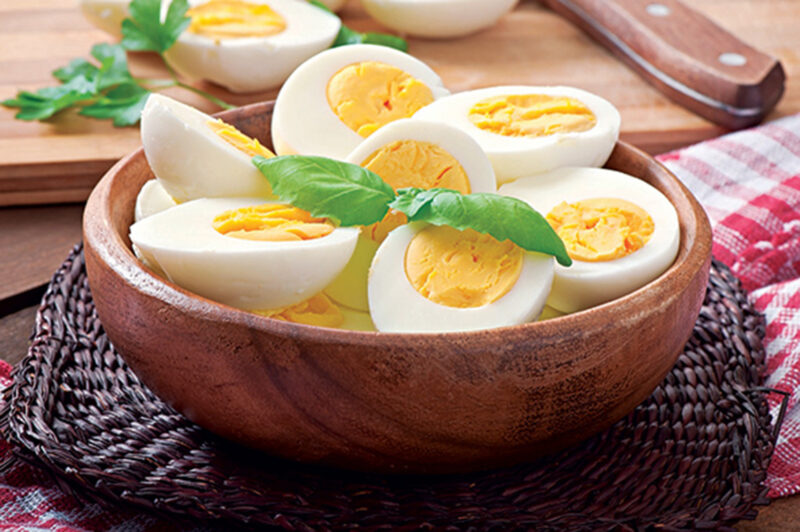
Get Your Child To Eat Right
Managing food during monsoons can be a tricky affair and more so when it comes to children. Coconut water is a good drink for children as is lemon water being rich in vitamin C which is good for the body’s immunity. “Children must have one egg a day which is rich in protein and vitamin A, nuts and cereals,” says Mehta. “Cherries, lychee, jamun, green almonds, peaches and plums should be part of one’s diet as they have natural anti-oxidants that enhance your kid’s immunity against diseases. Add spices such as garlic, pepper and ginger in the diet as they help with digestion. Ensure your child drinks plenty of boiled water. You can also squeeze some lemon in it. Dry cereals like corn, chickpea and oats are helpful this season,” advises Mohan. Dr Chaitali Laddad, Founder & Director, The Pediatric Network, explains, “Monsoons bring along with it a host of contagious diseases and kids being sensitive easily fall prey to these infections like dengue, jaundice, diarrhoea, dysentery, viral and malaria. Kids with a weak immune system are more prone to these diseases; hence parents need to take preventive counter measures like maintaining a healthy diet to safeguard their child. A healthy balanced diet with all food groups included i.e. cereals and grains, pulses, fruits and vegetables, dairy and meat is essential to keep up the immunity.”
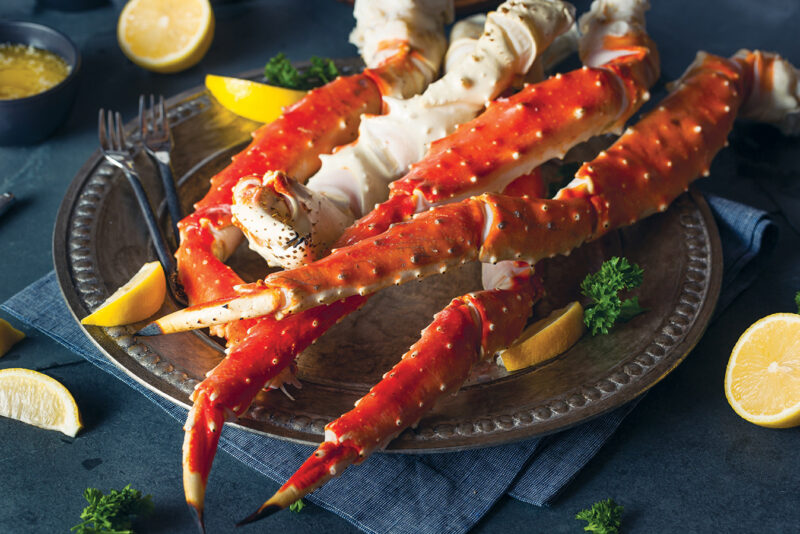
Steer Clear
One must avoid all kinds of seafood especially crabs, fish, prawns as they can cause stomach infections if they are not fresh. Also green and leafy vegetables like cauliflower, cabbage, spinach must be eaten only after being cleaned with hot water and salt. Avoid eating any kind of pre-cut fruits or vegetables and street food is a strict no-no this season. “Street foods like chaat should be avoided because they harbour bacteria and give rise to gastro intestinal infections leading to diarrhoea. During the monsoons, flies thrive and carry bacteria from gutter water or via fecalroute. Stagnant water lalso eads to mosquitoes and flies which spread diseases. It is extremely important that you avoid cut fruits on carts as they are are exposed to flies,” says Ballani.

Prevention is better than cure
Water-borne diseases like typhoid, jaundice generally breed during monsoons and in dirty sewage water. “During monsoons, water gets clogged into several corners making it a breeding home for these diseases. Sometimes, this water gets mixed with tap water which we may use for cooking or drinking which leads to us falling sick,” says Mehta. Using a homemade solution of one part vinegar to four parts water to cleanse your veggies and fruits is good enough. “The market is flooded with vegetable washes; however, we still are not sure about the safety in the long term. Ensure all vegetables are cooked well. Use drinking water to cook instead of normal tap water; even for washing your veggies and fruits, soaking your rice, or dal. Homemade food is the best option for this season. Ensure your child washes his/her hands well with soap and water before eating. This helps keep germs away.
Always, remember, prevention is better than cure,” concludes Laddad.
Easy Eating Tips
• Small and frequent meals help aid digestion.
• Spices like garlic, pepper, ginger, asafoetida, turmeric, coriander and jeera enhance digestive power and improve immunity.
• Using too much of spice or salt may lead to water retention; hence moderation is essential.
• Foods that are light like vegetables, fruits, cereals, etc are good and consumption of meat or fish must be reduced.
• Light meat preparations like soups and stews rather than heavy curries are advisable.
• Fried and oily food must be avoided as these may cause acidity. Grilled or tandoori items that require minimum oil/butter must be consumed instead.


